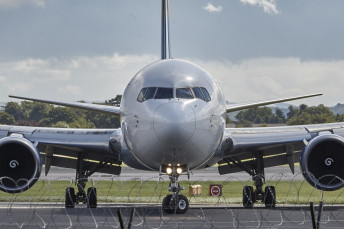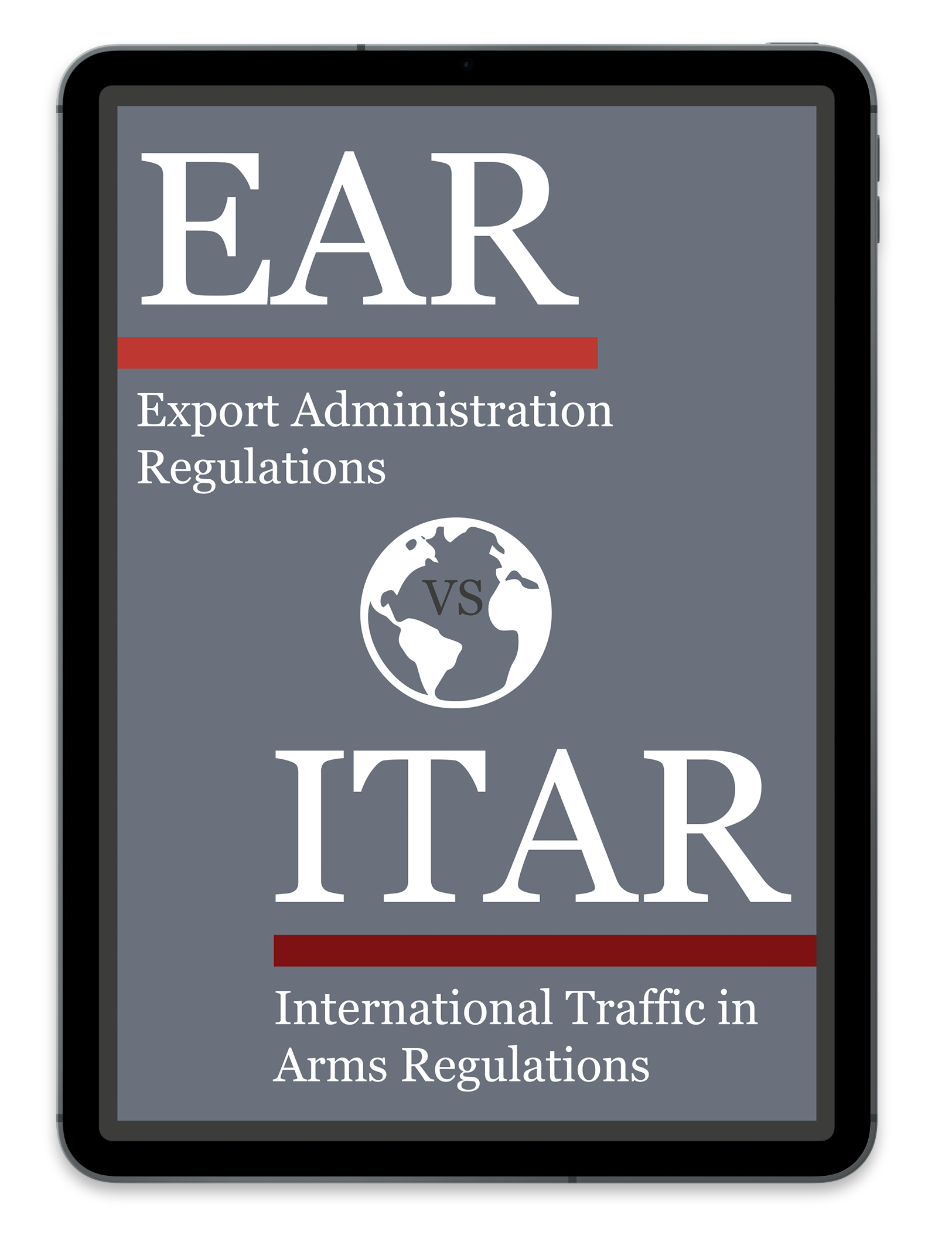
Export Compliance: Should it Fall Under Research Compliance?
Export compliance at a university is not just about the research. Is research a significant factor affecting an institution’s compliance needs? Yes. And that’s why many universities and non-profit research centers place export controls oversight (for EAR compliance, ITAR restrictions, and OFAC sanctions) under the Office of Research Compliance or Research Services. Is your university struggling to identify and resource the key point person (or team) to handle export controls? The following pros and cons of this organizational structure can help point to the right solution for your institution.
Benefits of Export Controls Led by Research Compliance
Many export controls requirements are rooted in “what” one wants to send or ship outside the U.S. (the literal export) or share with a foreign national located within the U.S. (called a deemed export). The “what” can be a physical good (such as a drone, pathogen, or composite material), technology (technical information or data), or software. That “what” can trigger a requirement per the Commerce Control List (CCL) or United States Munitions List (USML). Conducting research on many of the export controlled “items” in these lists also trigger other government regulations, such as those under the FAA, CDC, or USDA to just name a few. Broader research-related regulations include those covering human subjects, animal research, biosafety, conflict of interest, and research integrity.
PI’s and research teams are often already familiar with one or more of these regulatory needs. They also typically have an existing relationship with the administrator and committees that support the university’s compliance efforts in those areas. University faculty inherently tend to accept that certain federal permits, government licenses, or internal lab protocols in these areas are required by the federal government for the health and safety of all.
At a high level, the export control laws support U.S. national security and they are no different. In a way, export controls is an extension of something researchers and other stakeholders already understand. When housed under a broader office of research compliance, university export control officers can leverage existing relationships with higher risk research departments, established communication tools, and data that has already been collected to effectively educate faculty and their research groups on export controls.
3 Must Have Export Compliance Templates to Strengthen Your Compliance Program
Do you need help keeping track of all your export classifications, export licenses, and export compliance risks?
Use our easy-to-use templates to create a management system that’s perfect for universities and small to medium sized companies.
Where Should We Send Your Templates?
Challenge of Export Controls Led by Research Compliance
While most export controls requirements are grounded in the nature of the research and the items involved, other non-research aspects quickly come into play when determining compliance requirements. For instance, the destination country and the specific intended recipient for a shipment or transfer of data can inadvertently result in an OFAC violation or denied parties list prohibition…completely independent of the research itself. In those cases, the relevant U.S. government restrictions don’t have anything to do with the items, technology, or field of research.
Spreading the word about international travel risks and other non-research aspects can be challenging when export controls oversight falls under a research compliance office. The export control officer must bridge that gap by proactively reaching out to other administrative stakeholders, such as the purchasing office and human resources.
Best Fit for Export Controls Office
There is no one right answer on the best place to house an export controls office at a university. The benefits and challenges discussed here should be considered in concert with the specific culture at the institution, the higher risk areas for potential non-compliance, and the senior leaders who can help champion the complex nature of export controls.
Still struggling with how to resource export controls at your institution? Learn how your university can benefit from Traliance’s export control compliance services.





